Author Interview: Stacey Smith
Today we share an interview with Stacey L. Smith, who published an article in the December 2023 JCWE, titled “The Colored American Asiatic Traveler”: Peter K. L. Cole and American Empire in Japan.” Stacey L. Smith is an associate professor of history at Oregon State University. She is the author of ...
Read More
Read More
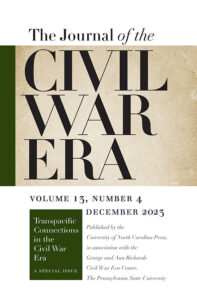
Preview of December JCWE and the Transpacific Connections Forum
In the late nineteenth century, opponents of Asian immigration on the West Coast claimed slavery was being resurrected in the United States. The escalation of industrial capitalism in the postbellum years had already established the perception among American workers that capitalists were attempting to enslave them as exploitable labor. As ...
Read More
Read More
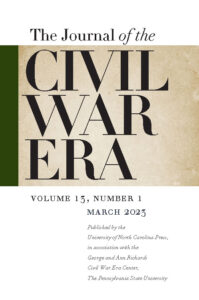
Editors’ Note for March 2023 JCWE
Welcome to the first issue of the 2023 volume of the Journal of the Civil War Era. The issue features three research essays and a review essay that highlight the journal's broad geographical, chronological, and topical coverage. We present articles that take us from the antebellum North to California to ...
Read More
Read More
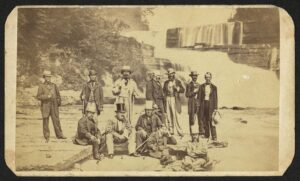
Civil War Historians and Terminology: Diplomatic History
As historians of the Civil War era, we are all extremely familiar with the growing desire of using appropriate terminology in our scholarship and the pushback that such terminological changes have brought. We saw this when the Army University Press abandoned the term “Union” in its publications.[1] Slavery scholars had ...
Read More
Read More
Reconstruction at Sea: The American Campaign to Reform International Neutrality, 1865-1871
The CSS Alabama sank off the coast of France in June 1864. For two years, the Confederate commerce raider had prowled the world’s oceans, capturing and burning dozens of Union merchant vessels. Yet when the Alabama met its end, it left behind more than a devastated U.S. merchant fleet; it ...
Read More
Read More
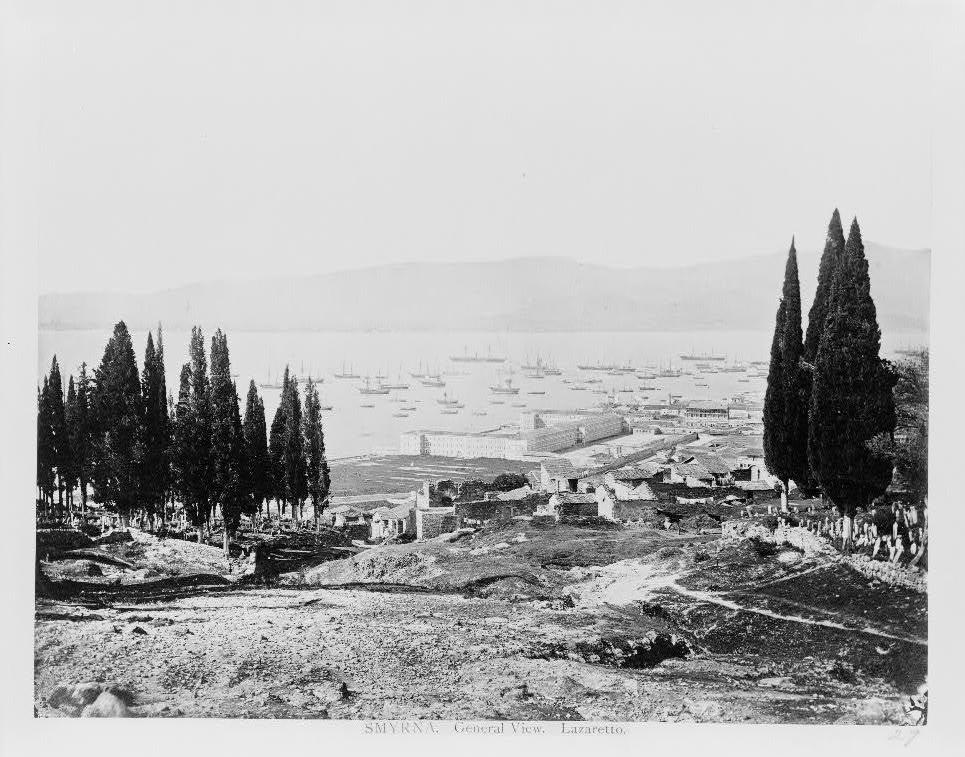
Defending Residents Abroad: The Almost Abduction of Martin Koszta in Smyrna
Since 1950, the United States has maintained the Sixth Fleet in the Mediterranean, headquartered today in Naples, to protect U.S. interests. The fleet has been instrumental in recent struggles against ISIS. However, the U.S. presence in the Mediterranean is as old as the country. Thomas Jefferson had dispatched ships to ...
Read More
Read More
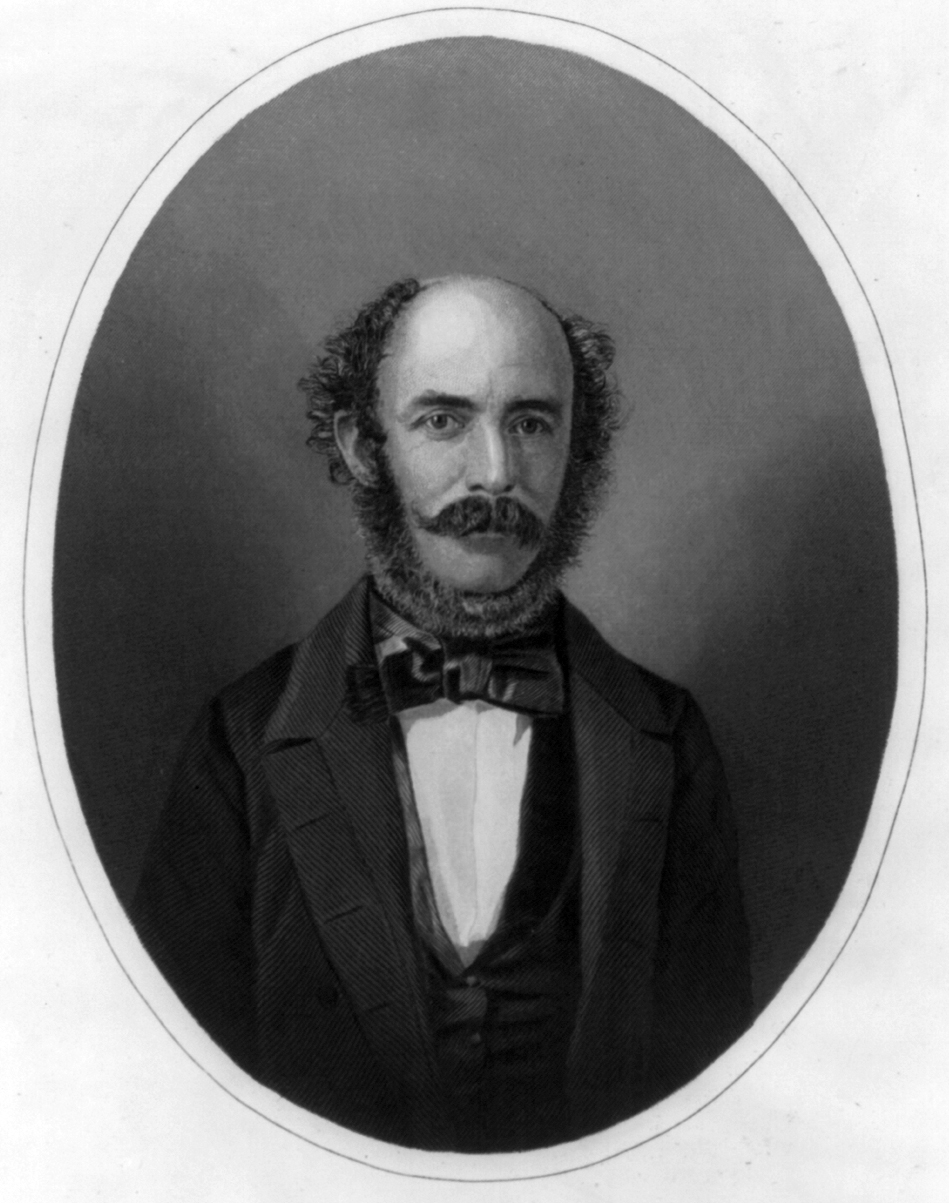
An Anti-Filibuster Alliance: Latin America and Opposition to U.S. Expansionism
When we think of a filibuster today, we likely think of the increasingly disappearing action by a Senator to hold up a piece of legislation by continued speech; however, in the mid-nineteenth century, filibusters were military strong men who desired to project and expand U.S. power into the Caribbean. The ...
Read More
Read More

The Civil War in Southeast Asia: Trade and Privateering in Singapore
The sectional conflict in North America coincided with vast upheavals around the world, including the wars of unification in Central Europe (Italy from 1859 to 1871, and Germany from 1864 to 1871), whose impact Civil War historians have done some work to illustrate. In Asia, the Taiping Rebellion (1850-1864), with ...
Read More
Read More
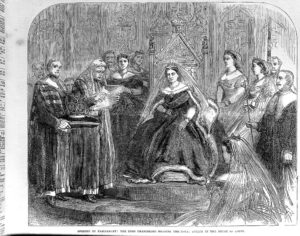
Queen Victoria’s Speeches to Parliament: The Role of the Civil War in British Politics
At the opening of each Parliamentary session, the British monarch delivers a policy statement crafted by the Prime Minister, explaining the cabinet’s plans for the forthcoming sitting of Parliament. With Parliament prorogued until October 14, 2019, when Queen Elizabeth II is supposed to read Prime Minister Boris Johnson’s agenda to ...
Read More
Read More

Author Interview: William S. Kiser
Our author interview for the June 2019 issue is with William S. Kiser, author of “‘We Must Have Chihuahua and Sonora’: Civil War Diplomacy in the U.S.-Mexico Borderlands.” He is an assistant professor of history at Texas A&M University-San Antonio, where he teaches courses in U.S. history and the American ...
Read More
Read More
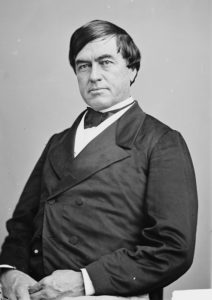
Secession and Slavery in Great Britain: Cassius Clay and Edwin DeLeon debate in The Times of London
On May 13, 1861, Queen Victoria announced Great Britain’s neutrality in the Civil War, which raised Southern hopes of recognition and Northern fears of the same. The Queen’s proclamation and public reaction to the outbreak of hostilities were the result of long-standing assumptions about the sectional division in the United ...
Read More
Read More
Editor’s Note: June 2019 Issue
Today we share a preview of our June 2019 issue, reprinting here the editor's note by Judy Giesberg. To access these articles, you can purchase a copy of the issue or subscribe to the journal. It will also be available (in June) on Project Muse. Readers of this issue will ...
Read More
Read More
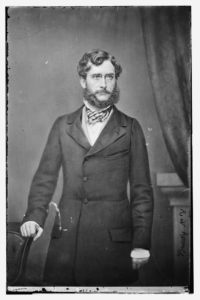
“Jack My Dear,-Where the devil are you?” John Lothrop Motley, Otto von Bismarck, and the Civil War
Historians have rarely examined the German States’ reactions to the Civil War. Much has been said about German immigrants fighting in the war, German-American political leaders involved in community and political organization, and the nativist backlash in the United States; however, Central Europe’s perspectives are a blank page in English ...
Read More
Read More
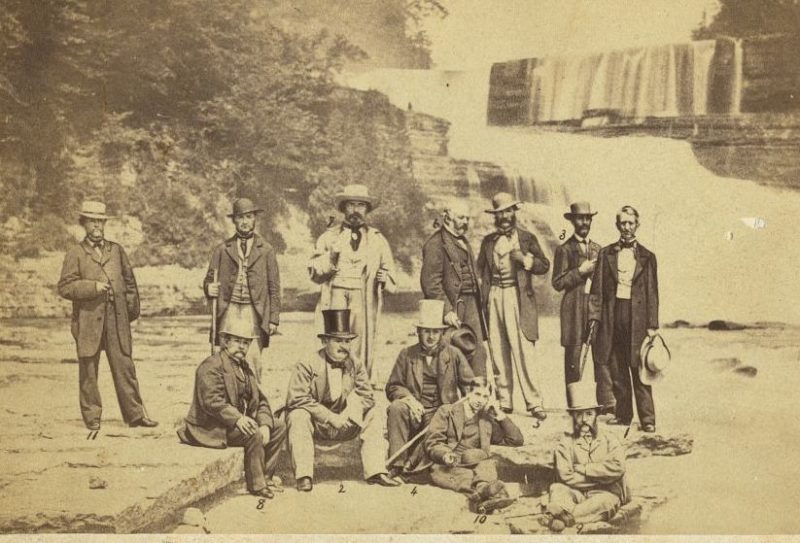
Preventing War after Fort Sumter: The Schleiden-Seward-Stephens Negotiations
With the firing on Fort Sumter, the secession crisis escalated into bloody conflict. Weeks of work to mend sectional relations in Congress and with the Peace Conference had failed; Secretary of State William H. Seward’s conversations with the southern peace commissioners had similarly lead to nothing when President Abraham Lincoln ...
Read More
Read More
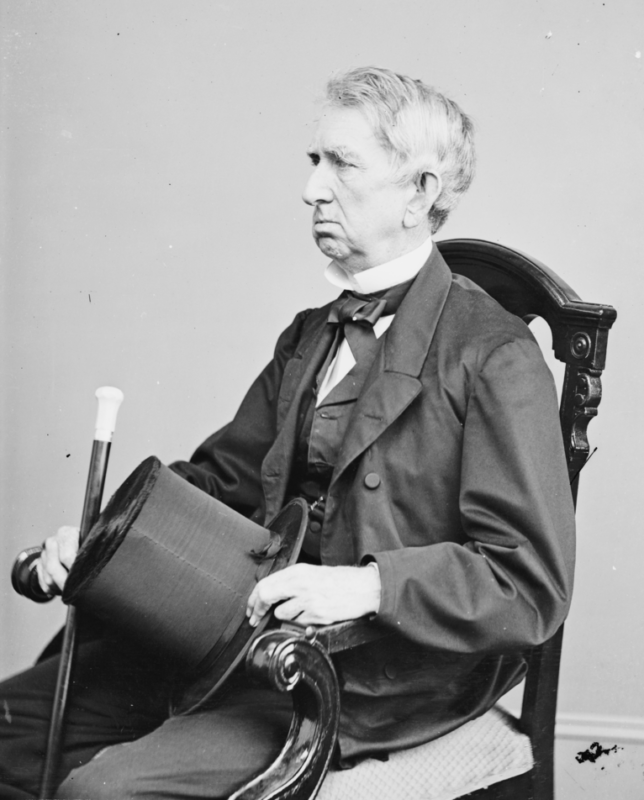
William H. Seward’s Foreign War Panacea Reconsidered
As William H. Seward allegedly stated in 1861, “if the Lord would only give the United States an excuse for a war with England, France, or Spain, that would be the best means of reestablishing internal peace.” This is probably one of the most famous and most widely quoted sentences ...
Read More
Read More
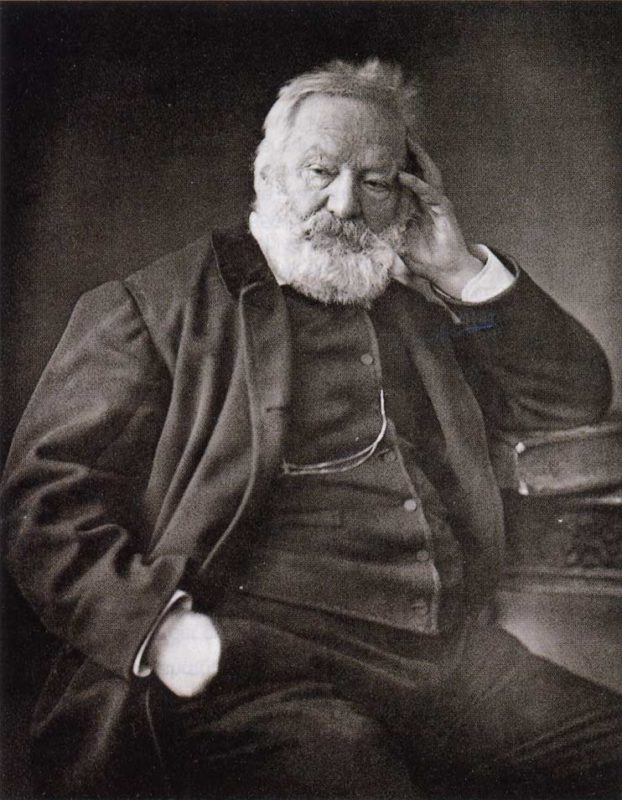
A Bird’s Eye View of the Civil War: The Virtues of a Transnational Perspective
Teaching the Civil War takes juggling some very broad, diverse, complex processes in the histories of slavery and freedom, of nationalism, citizenship and state building, of Indian Nations and the West, of modern warfare, of economic transformation of the economy, and of the ways in which people thought about life, ...
Read More
Read More
